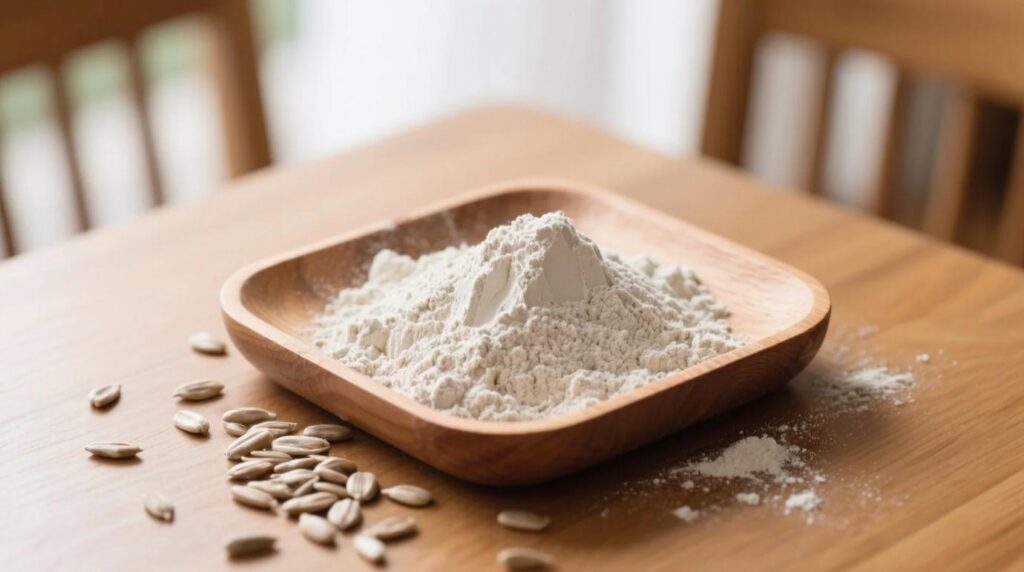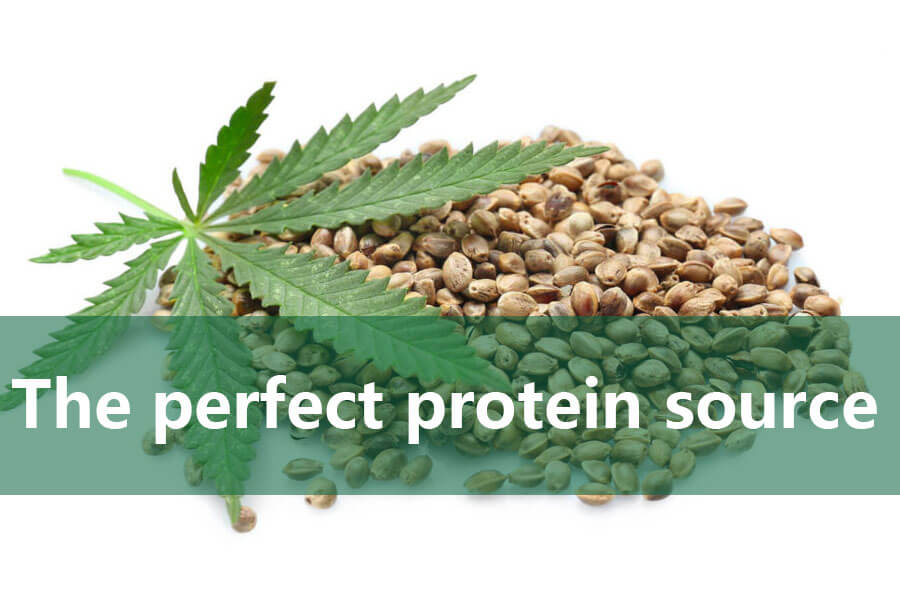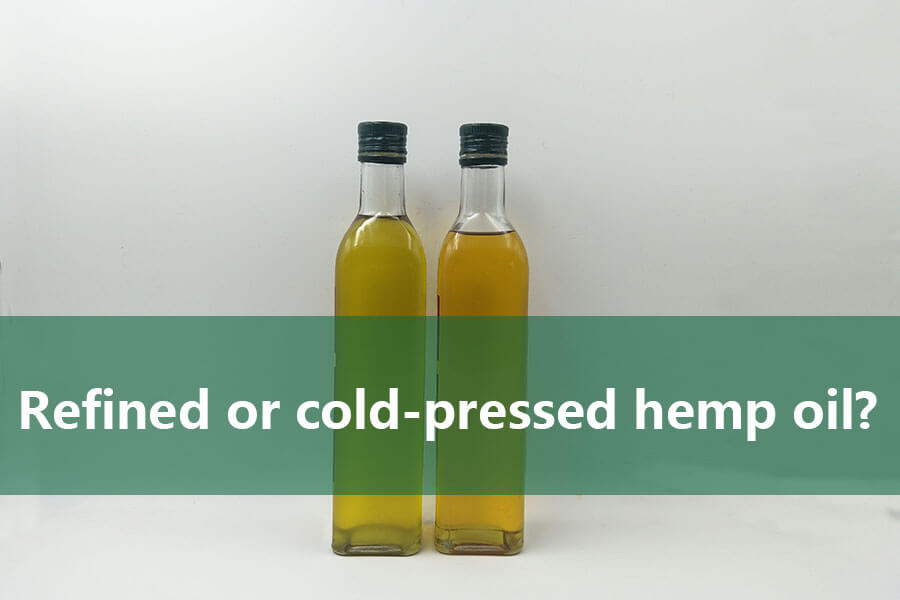Organic sunflower seed protein powder has stormed the wellness scene as a vegan, hypoallergenic alternative to whey and soy. But no superfood is perfect. While its amino acids and antioxidants dazzle, subtle drawbacks—from anti-nutrients to caloric density—demand attention. Let’s dissect the science-backed challenges of sunflower seed protein and reveal how to mitigate them for optimal health.

1. Anti-Nutrients: The Mineral Absorption Dilemma
Sunflower seeds naturally contain phytic acid, a compound that binds to minerals like zinc, iron, and calcium, reducing their bioavailability. For athletes and vegans already at risk of deficiencies, this could pose a concern.
Solutions:
- Sprout or soak: Pre-sprouted sunflower protein powders (like those from Sunwarrior) break down phytic acid, enhancing mineral absorption.
- Pair strategically: Combine with vitamin C-rich foods (e.g., citrus, bell peppers) to counteract iron inhibition.
2. Omega-6 Overload: Inflammation Risks
Sunflower seed protein is rich in omega-6 fatty acids—essential for health but problematic in excess. Modern diets already skew toward omega-6, which, without balancing omega-3s, can fuel chronic inflammation.
Mitigation:
- Blend with omega-3 sources: Mix protein powder with chia seeds, flaxmeal, or algal oil in smoothies.
- Choose high-oleic varieties: Some brands use sunflower seeds bred for higher monounsaturated fats (oleic acid), reducing omega-6 ratios.
3. Allergies: Rare but Real
Though less common than nut allergies, sunflower seed allergies exist. Symptoms range from mild itching to severe anaphylaxis, particularly in those with pollen or seed sensitivities.
Precautionary Steps:
- Patch test: Rub a small amount of diluted powder on your inner elbow; wait 24 hours for reactions.
- Opt for certified hypoallergenic brands: Look for labels like Allergen-Free Certified or Produced in a Dedicated Facility.
4. Caloric Density & Weight Management
With ~160 calories per ounce, overconsumption of sunflower seed protein can lead to unintended weight gain—especially in sweetened blends or high-fat recipes.
Smart Usage:
- Portion control: Stick to 1–2 scoops (20–30g) daily.
- Balance macros: Pair with low-calorie bases like almond milk or spinach in shakes.
5. Digestive Hurdles: Fiber’s Double-Edged Sword
The high fiber content (3g per serving) supports gut health but may trigger bloating, gas, or diarrhea in sensitive individuals, especially those with IBS.
Gentle Integration:
- Start slow: Begin with half a scoop daily, gradually increasing over weeks.
- Fermented options: Some brands (e.g., Garden of Life) use probiotics to pre-digest fiber, easing digestion.
6. Heavy Metal Contamination: The Cadmium Question
Sunflower plants absorb cadmium from soil—a toxic heavy metal linked to kidney damage with prolonged exposure.
Safety Measures:
- Certified organic & tested: Brands like Navitas Organics rigorously test for heavy metals.
- Rotate proteins: Alternate with pea, pumpkin, or rice protein to minimize cumulative exposure.
7. Lysine Limitation: The “Incomplete” Myth
While sunflower protein contains all nine essential amino acids, its lysine levels are lower than ideal for muscle synthesis—a gap compared to animal proteins.
Optimization:
- Lysine boosters: Add lentils, quinoa, or a lysine supplement to meals.
- Blended formulas: Choose products combining sunflower with lysine-rich proteins like pea or hemp.
Embrace Sunflower Seed Protein—Wisely
Organic sunflower seed protein powder is a nutritional gem, but its sparkle shines brightest when used mindfully. By addressing its anti-nutrient profile, balancing fats, and rotating sources, you unlock its muscle-building, antioxidant-rich benefits without the pitfalls. For allergy-prone or mineral-deficient individuals, moderation and smart pairing are non-negotiable.
Pro Tip: Try Sunflower Protein Bliss Balls—blend 1 scoop protein powder, dates, oats, and a dash of cinnamon for a gut-friendly, energy-boosting snack!


